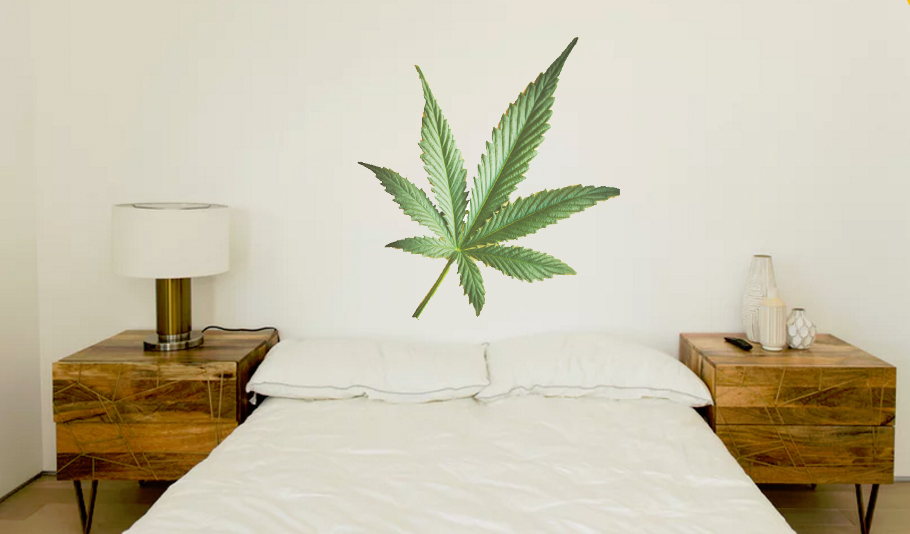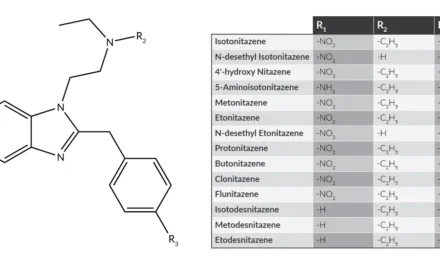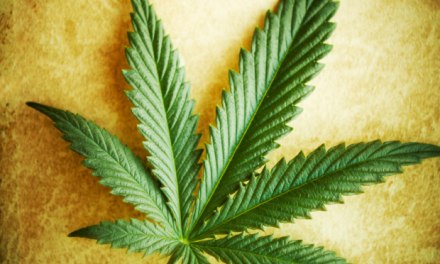Here’s a recent report from CNN that addresses the potential of cannabis as a sleep aid. Hint: it’s not the result the weed industry hoped for.
Marijuana may make sleep worse, especially for regular users, study finds
This could be a game-changer for many users, especially in the fast -growing Senior Citizen market. For them, sleep problems are often the main reason they got involved with cannabis in the first place.
I’ve often wondered about the supposed benefits of cannabis products as a medication. According to my reading, it’s probably of use for chronic pain and not much else. What about for chronic insomnia? Or simply to get a good night’s rest?
I’ve had several friends get heavily involved with pot, juggling doses, trying various products, without a whole lot of success. Maybe they slept better for a few weeks but eventually the benefits faded. Soon enough they were back on the Internet, scouting around for other remedies. Like melatonin. That’s not super-effective, either. Here’s Johns Hopkins Medicine to explain.
https://www.hopkinsmedicine.org/health/wellness-and-prevention/melatonin-for-sleep-does-it-work
My practice is to avoid arguing, for the same reason I won’t argue with folks who refuse COVID vaccines. Nothing I can say at this late date is likely to change their views.
The linked article describes a study involving nearly 22,000 adults between 20 and 59 years of age, who reported using cannabis to help them sleep. Those who acknowledged use in the previous 30 days reported continuing difficulties with sleep. They were more likely to experience trouble with respect to both falling and remaining asleep. They were also more likely to have consulted a physician — suggesting they were still having difficulties.
That doesn’t prove that cannabis caused their sleep difficulties, but it does suggest it was of little or no benefit as a remedy. So why bother using it? Especially if you have to shoulder the expense.
As for CBD, here’s something of interest: “A 2018 randomized, double-blind, placebo-controlled study— the gold standard– found no benefit from CBD on sleep in healthy volunteers. Other studies have also found high rates of insomnia when withdrawing from nightly use of marijuana.”
A sleep medicine specialist at the Mayo Clinic put it this way: “We know that when people initiate use there is some benefit in the immediate short term, but there is quick tolerance to this effect…There currently is no good quality evidence to suggest that cannabis will help improve sleep quality or duration.”
Here we go again. If it doesn’t improve sleep and may actually interfere with sleep, why do so many users continue to use it? Yet another expert offered this explanation: we’re seeing “…a disconnect between these anecdotal reports of people reporting therapeutic benefits and the evidence behind it in terms of the data.”
For one reason or another, many people are choosing to believe anecdotes rather than scientific evidence. It’s a problem we’ve run into before. Such as during the COVID pandemic.
With cannabis, we might be dealing with dependence. Regular use often leads to a cannabis withdrawal syndrome, which may include both irritability and insomnia. The dependent person naturally self-medicates these symptoms with still more of the drug. When they experience immediate relief, they interpret that as evidence that the drug is helping — when in fact, it’s become part of the problem. Many users increase the amount and frequency of use, in a kind of vicious cycle.
That’s not so different from what occurs when a chronic pain patient becomes convinced that opioids (and only opioids) are effective at managing their pain. In reality, the opioid may have lost effectiveness long before, and is now simply relieving the discomfort of opioid withdrawal.
Another consideration could well be the vastly increased potency of today’s cannabis products, versus past decades. “A lot of the older data,” remarked an expert, “is based on lower doses of THC than what patients are using now…” Except this is not your father’s wacky weed.
The upshot: “Patients are spending money and time and resources to obtain cannabis right now to help with sleep…as the medical community, we need to do everything we can to make sure that we enable our patients to make the best possible decisions for their health.”
Well, yeah. Especially now, given the presence of a fast-growing cannabis industry, determined to convince us to use more of their products, not less.












